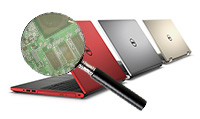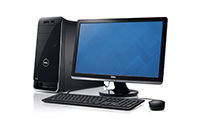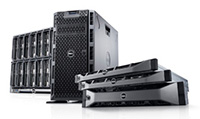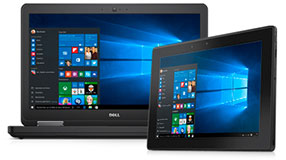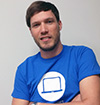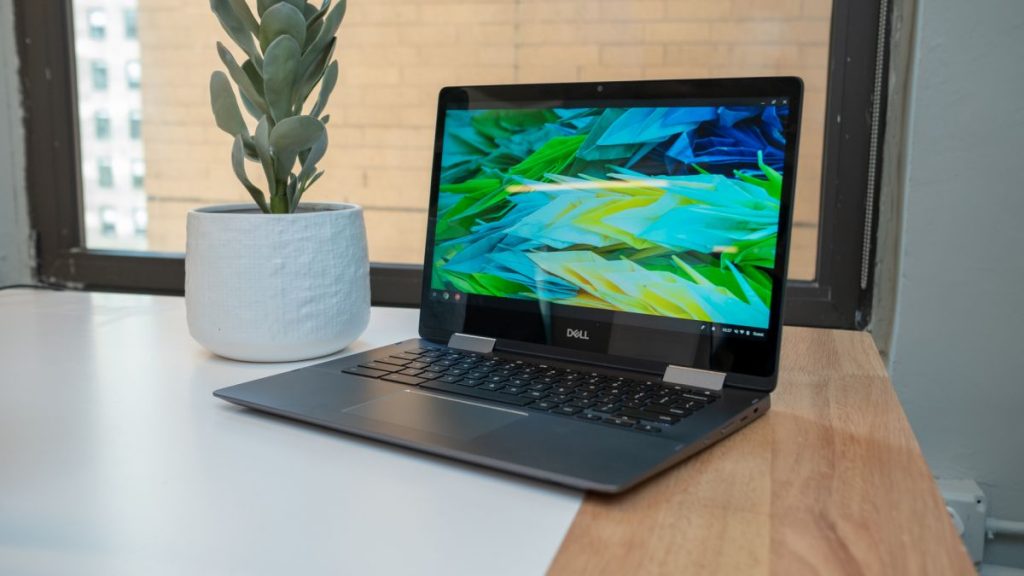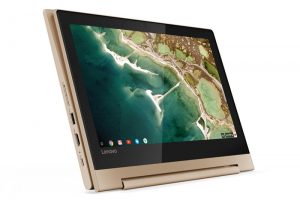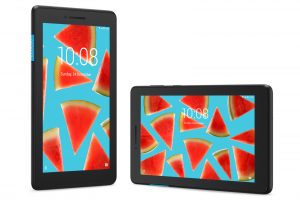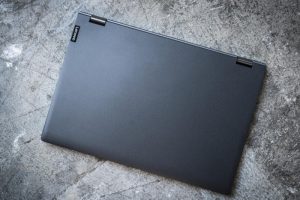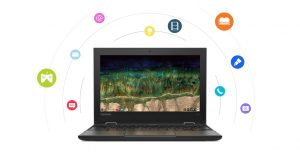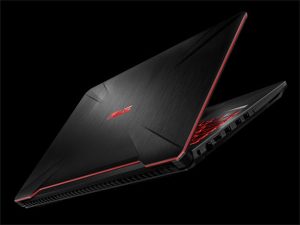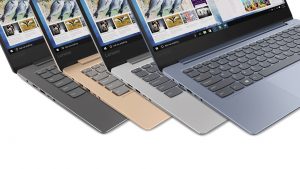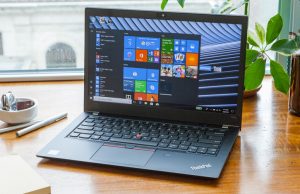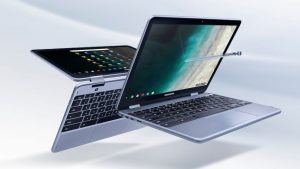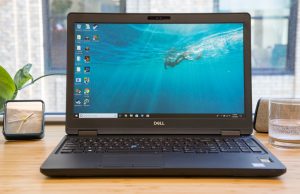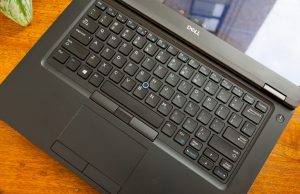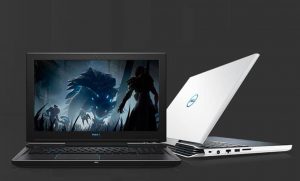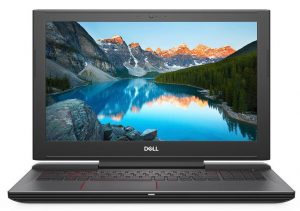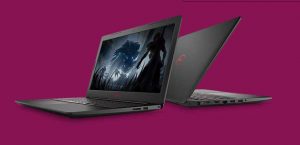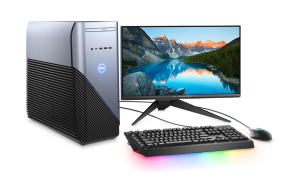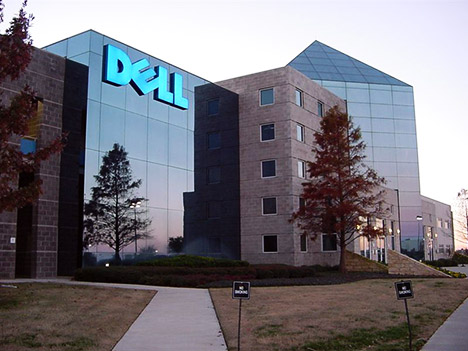

Austin TX, Silicon Hills, ATX -- Dell is focusing on delivering "business value" instead of raw system speed indicators, with its "Enterprise Solution" launch of 12th generation PowerEdge servers and related networking solutions and storage. Michael Dell has talked about the "hybrid world" of enterprise computing. That clearly seems to be pulling the company away from its consumer PC origin, as seen recently in its SonicWALL acquisition. Michael Dell himself said the company is "not really a PC company, it's an end-to-end IT company".
Dell is also working with vendors to deliver a variety of devices and components optimized for specific workloads, including big-data - HANA & SAP; and virtual desktop infrastructures with partners such as VMware, Citrix, and Microsoft. Dell acquired Force 10 Networks last year, and the 10GbE technologies are the core of Dell's newly announced integrated storage and server solutions. In addition to data-centers, the company is moving into areas such as management software, and healthcare applications.
As a reseller of other companies' solutions, Dell will continue to offer products from vendors such as Brocade and Cisco, thereby making a positive impression, in contrast to competitors that try to force their clients into proprietary, vertically integrated solutions.
Windows 8 Tablets
Dell's Windows 8 tablets should arrive in 2012 according to Dell's Chief Commercial Officer, Steve Felice, speaking to Reuters. That echoed previous comments by Dell indicating those tablets would go to market the same day Microsoft releases Windows 8. Felice also said the company may again go back to making Android-based Dell tablets.
Business adoption of tablets is being driven by the BYOD (Bring Your Own Device) and Consumerization of IT trends. Felice told Reuters: "We have a road-map for tablets that we haven't announced yet. You'll see some announcements.... for the back half of the year".
Asus, Dell, Hewlett-Packard (HP), Lenovo and Nokia are also expected to be early adopters of Windows 8, joining the fray with devices including tablets.
On the other hand, Dell did a great job of launching the Dell XPS 13 ultrabook. Felice said: "It is a fantastic product and shows our commitment to the PC space. We like the PC space. We are extremely committed to it."
IdeaStorm 2.0
IdeaStorm 2.0 web-site has been released by Dell, promising far greater interactivity from Dell representatives; meaning they are actually going to join the on-going conversation in real-time, instead of just monitoring it. Over its five year lifespan the original site received almost 15,000 suggestions and turned about one-third of those into actual refinements such as backlit keyboards. One of the most memorable suggestions was the forehead slapping comment that Dell should make sure their global support staff could actually speak fluently in the language of customers phoning in for support.
Dell Will Outsource Support
Dell will outsource support for a major data center expansion in Asia, as it opens as many as twenty new data centers to support public and private cloud-computing customers. PC World quoted a Dell Asia Pacific and Japan regional executive who said that the start-up of those data centers would be supported by 23,000 staff in India. Dell is seeing substantial demand for equipment and design services in China.
Acquisitions
As mentioned previously Dell has moved away from its consumer-oriented origin, and has focused on enterprise IT departments with several tactics including, but not limited to, the "Enterprise Solution" launch of 12th generation PowerEdge servers and related storage and networking solutions. In addition to the Sonic Wall acquisition, Dell has acquired Wyse Technology, SecureWorks, Force10 Networks, DFS Canada, Compellent Technologies, Equalogica, AppAssure, Perot Systems, and Clerity Solutions.
Assessment
It was Michael Dell who said the company is "not really a PC company, it's an end-to-end IT company"; and he certainly is putting Dell's money and efforts in acquisitions intended to serve corporate IT departments.
Industry observers have not missed the point that Dell seems to have focused more on business IT as its primary customers. That may be coming back to worry Dell, because of the Consumerization of IT and BYOD (Bring Your Own Device) trends. It turns out that individual consumers are the primary customers inside of businesses, and they are driving device purchase decisions.
The bright spot for all computer manufacturers is a report by International Data Corporation. IDC reports: ...."end user surveys tell us that few people consider media tablets as replacements for their PCs, so later this year when there is a new Microsoft operating system, available in sleek new PC form factors, we believe consumer interest in PCs will begin to rebound".
Speaking to TheAustralian.com.au, Dell said: "There are still some 350 million to 400 million PCs sold a year, which is way more than the number of tablets."

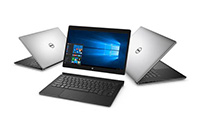 Laptop & Tablet Parts
Laptop & Tablet Parts